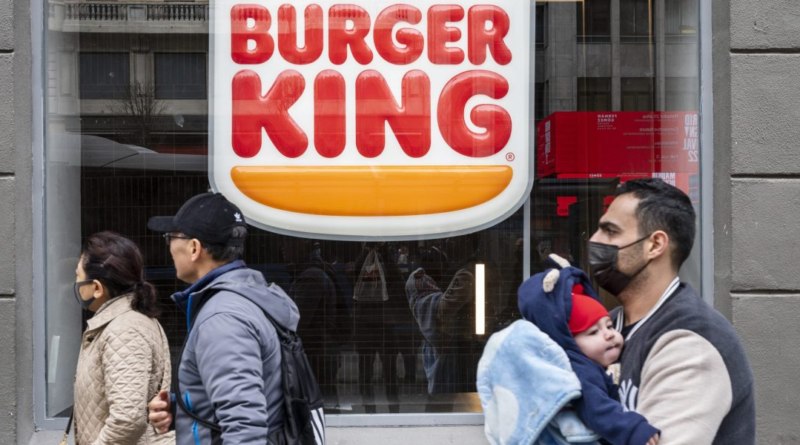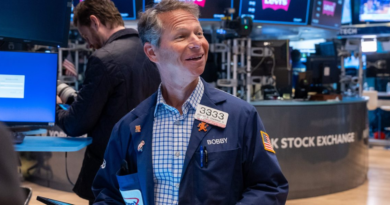Burger King worker awarded a backpack, movie ticket, and Starbucks cup after never missing a day in 27 years buys first home with $446,000 in donations
Working at Burger King for just shy of three decades, Kevin Ford found that his loyalty amounted to not much more than a few party favors. Ford, who has not missed a day of work in his 27 years on the job, went viral last summer after posting a TikTok that showed his company’s recognition of the fruits of his labor: a movie ticket, backpack, Starbucks cup, a couple pens, and a handful of candy.
While he expressed gratitude for the gift, many online commenters felt that the goodie bag didn’t scratch the surface of what Ford deserved. His daughter, Sernya Ford, created a crowdfunding campaign on GoFundMe looking to raise an extra $200 so that he could visit his grandchildren. In the bio on the campaign page, she explained that Ford was able to put “all four of his daughters through high school and college with full healthcare coverage,” thanks to his unionized job at Burger King.
Donations poured through, and a year and $446,000 later, Ford announced in a new TikTok video that he used much of the money to buy a house.
In it, he said he’d try to give a tour of the house without crying. He added that the milestone was something that “you made possible,” seemingly alluding to the power of the internet’s campaign. “I know it’s not a mansion, but it’s mine,” he said, thanking everyone who donated. He added that he never thought that homeownership would be a possibility for him.
While GoFundMe taxed a large portion of the gift, Ford told TMZ that he was able to allocate half of the fundraising money to purchase the Nevada home for $177,000. He added that the other money went toward his retirement savings and to his daughter so she could also save for a place for her and her children.
America has a long history of underpaying some of its frontline workers in the service and hospitality industries. But many of these employees began to gain more recognition as they sacrificed even more during the pandemic and fought for better working conditions. As health conditions worsened and shifts became more stressful, they quit in search of better benefits and wages that could compete with the cost of living.
In response, some chains raised their pay in order to hold onto their staff. Fast food jobs are usually associated with minimum wage, which has not increased on a federal level since 2009. While the needle has moved some on a state or company-wide level, the rate remains an abysmal $7.25 an hour federally—not nearly enough to compete with the inflated cost of living, much less buying a house, building wealth, or affording retirement.
While Ford’s story is a happy one, it depended on the public to step in where public infrastructure failed. “This is truly an American dream. A Christmas miracle,” Ford said in his latest video.




